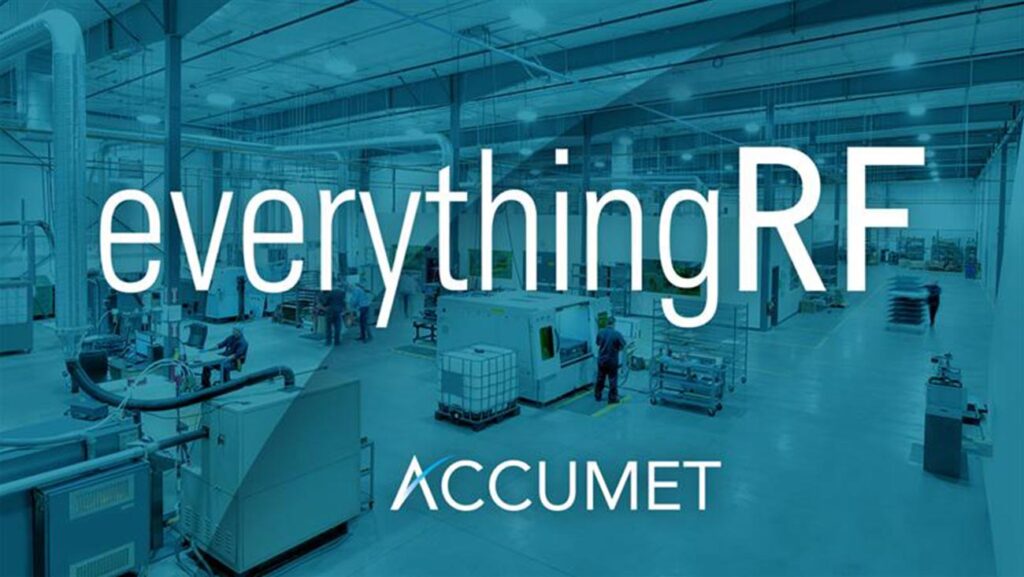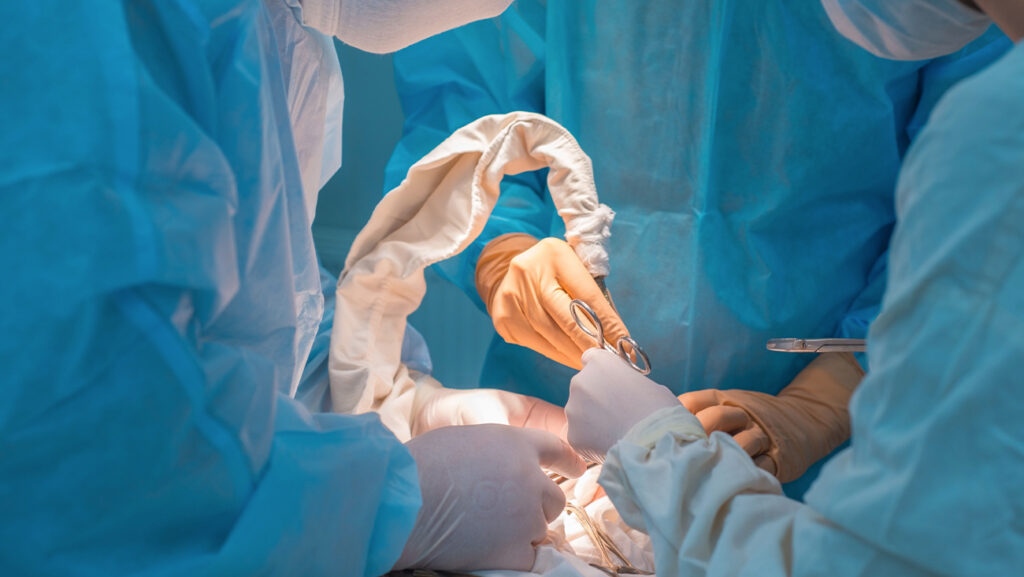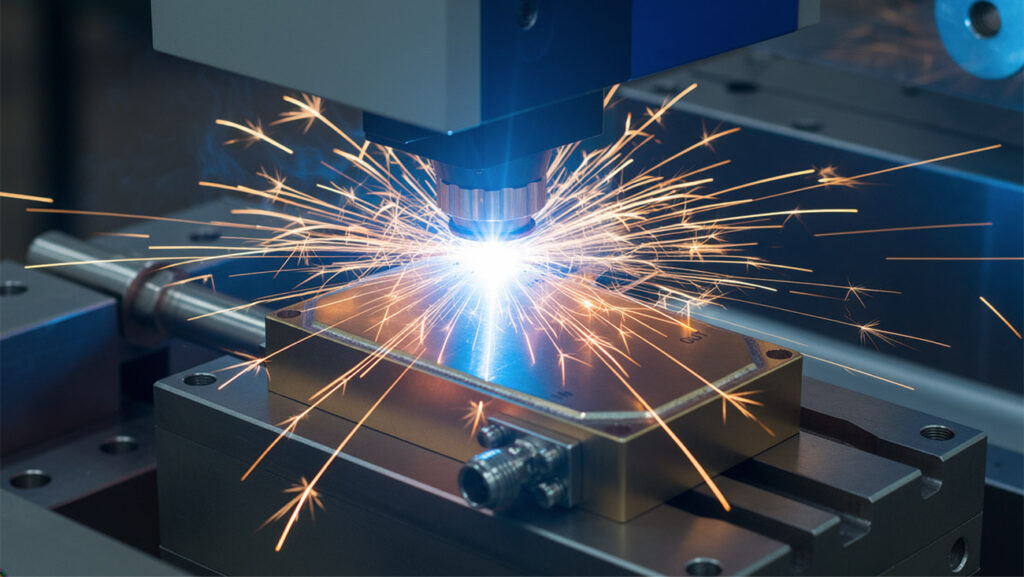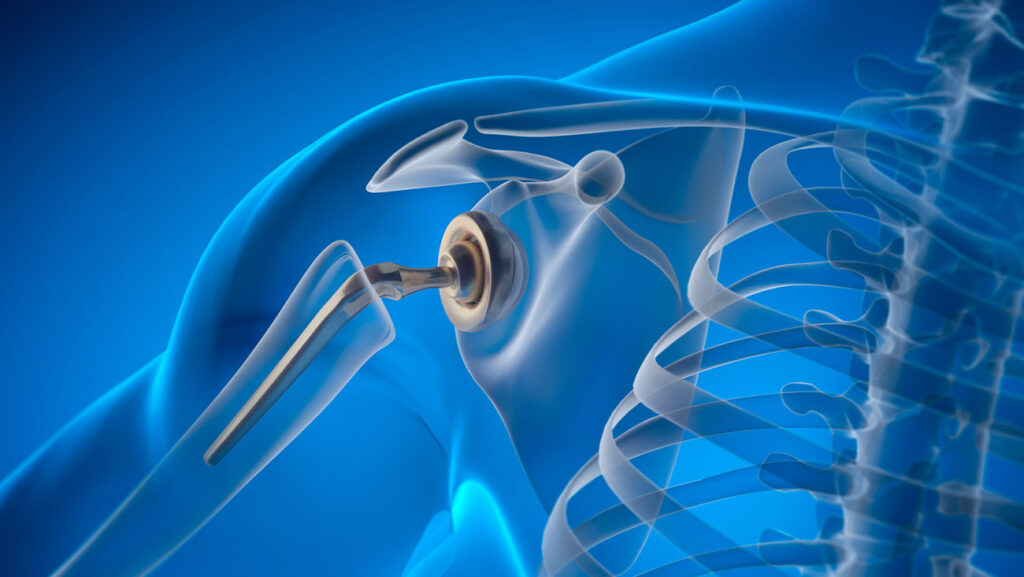5 Takeaways from EverythingRF’s Interview with Accumet on Laser Machining, Ceramic Processing, and RF Substrates
Posted on November 19, 2025 in Blogs

When Diana Toruno, General Manager at Accumet, talks about the company’s evolution, one theme stands out: the company’s decision to bring ceramic machining, laser processing, and precision surface finishing together under one roof has become a defining advantage for high-frequency customers. It’s a story that spans more than five decades and includes the 2019 merger that reshaped how Accumet supports RF, microwave, and semiconductor programs.
Toruno shared her perspective in a recent everythingRF interview—part of the publication’s ongoing series featuring conversations with leaders across the RF and microwave industry. Here are five takeaways that capture the key points from their discussion.
1. Accumet Has Evolved into a Single-Source Partner for RF and Microwave Manufacturing
Accumet was founded in 1970 with a focus on lapping, polishing, and diamond sawing. As RF/microwave and high-reliability markets began demanding tighter tolerances and more advanced materials, the company expanded into laser machining and eventually welding.
A major turning point came in 2019, when Accumet Engineering and Laser Services merged. This brought ceramic machining, laser micromachining, and precision finishing together under one roof at the modern Devens, MA facility—creating a single-source workflow for customers working in aerospace, defense, medical, semiconductor, and high-frequency electronics.
2. A Portfolio Centered on Laser Micromachining, Ceramic Machining, and Precision Surface Finishing
Toruno emphasized three core capabilities that define Accumet’s value to high-reliability markets:
Laser Processing & Micromachining
Cutting, drilling, ablation, marking, and welding across metals, foils, ceramics, and engineered polymers—ideal for laser machining for RF substrates where consistency and edge quality matter.
Ceramic Machining for RF and Microwave Applications
Alumina, aluminum nitride, quartz, and sapphire are processed into complex geometries, vias, and micro-cutouts with tight dimensional control.
Lapping & Polishing
Flatness, surface finish, and thickness control required for predictable high-frequency performance—critical for RF/microwave substrates.
These services support aerospace, defense, medical devices, and semiconductor applications where precision, repeatability, and documentation are essential.
3. Laser Machining and Ceramic Expertise Are Directly Tied to High-Frequency Performance
Toruno made it clear that manufacturing details—from edge quality to material handling—play a direct role in how high-frequency designs perform.
Laser machining offers several advantages over mechanical or chemical processes:
- No tool wear, improving consistency from first part to final part
- Finer features and cleaner edges
- Reduced stress on brittle substrates
- High repeatability for production-scale RF and microwave designs
These advantages are especially important for laser machining for RF substrates, where smooth edges and stable geometries help maintain impedance control and minimize loss.
Accumet’s deep experience with high-frequency ceramics—including alumina, aluminum nitride, quartz, and sapphire—adds another layer of reliability. Each material requires its own approach to wavelength, pulse width, energy density, and fixturing to achieve the performance RF engineers expect.
4. Surface Engineering and Microwave Absorber Materials Support Low-Loss Designs
Surface finish can directly influence scattering, loss, and impedance stability in RF and microwave assemblies. Accumet’s lapping and polishing processes use tailored slurries, plate types, pressures, and cycle times to produce extremely flat, smooth surfaces validated by advanced metrology.
The company also provides a range of microwave absorber materials, including:
- Stocked ECCOSORB® foams and elastomers
- Honeycomb, rigid, and castable absorbers
- Custom-cut absorber geometries produced with laser machining
This combination lets customers source standard materials quickly and order custom absorber components built to print—all from a single supplier.
5. A Modern Devens Facility and Industry Certifications Enable High-Complexity, High-Reliability Programs
Accumet’s Devens, MA facility consolidates all core capabilities—laser labs, lapping and polishing equipment, ceramic machining, and metrology—into one integrated workflow. This reduces lead times and helps ensure part-to-part consistency.
The company maintains:
- AS9100 certification
- ISO 9001 certification
- ITAR compliance
These certifications validate Accumet’s ability to support regulated, high-reliability applications in aerospace, defense, and advanced electronics.
Looking ahead, Accumet is investing in higher-throughput laser platforms, expanded ceramic lapping and polishing capacity, and broader absorber conversion services—all aligned with supporting the next generation of RF, microwave, and semiconductor designs.
Interested in Working with Accumet?
Whether you need laser machining for RF substrates, ceramic machining for high-frequency designs, precision lapping and polishing, or custom absorber components, Accumet’s team can support your project from prototype through production.
Contact Accumet to discuss your project or request a quote.
Read More
Exploring the Benefits of Laser Micromachining in Miniature Component Production
Understanding the Difference Between Laser Cutting and Waterjet Cutting
How to Choose the Right Material for Your Laser Cutting Project



